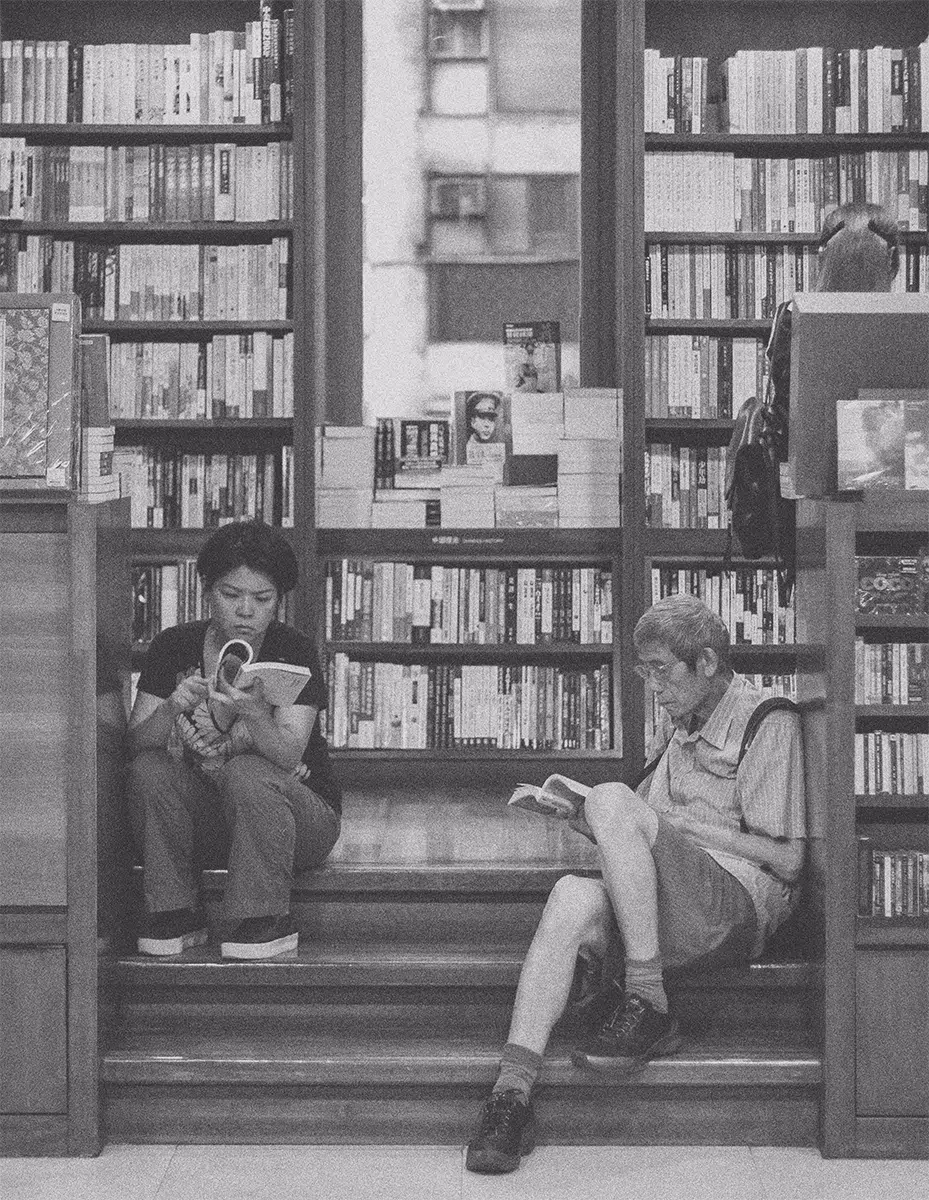Creative Process
Well… I have to write an article for Dzogchen Today!…

Written by Damien Brohon
Blog | What about me?
In this article, Damien Brohon talks about the reality (or unreality) of our thoughts, the creative process of the mind, and the difficulty of writing an article for Dzogchen Today! !


Well… I have to write an article for Dzogchen Today!… but my mind is as cluttered as my desk is: piles of books from East and West that sit on top of piles of scholarly tomes whose foundation is itself made up of strong volumes among which have seeped futile pamphlets. This domestic geography is strewn with various notebooks, loose sheets of paper with gnawed edges and post-it notes faded by the sun until they become illegible, without forgetting the necessary samples of perfume, erasers sculpted by use, pencilling material, a pair of glasses, a pair of spare glasses, a pair of glasses that are no longer in use, Swiss herbal sweets, a glass of French water with a twist of Spanish lemon, photos of people close to me but also of people far away, plastic figurines, a mysterious black jasper sculpture, refills for pencilling material, etc. I’ll stop the list for fear of being tedious (it may already be too late).
Looking at the thoughts directly, I come to a complete and liberating reversal. If I focus my attention directly on them, they either simply disappear, or they appear to me as thoughts and no longer as reality.
Just as the accumulation of these items occupies my entire desk, my thoughts clutter the interior space I need to write. They seem as concrete as they are. The article to write, the package to pick up after that, or that discussion yesterday with a friend that keeps running through my head, aren’t all of these – and more – real? A real article, a real package, a real friend, therefore concrete, solid and, as such, rightfully soliciting my attention… Hence this impression of saturation, because the solicitations are numerous and divergent. How can I write with such a saturated mind? I lack the emptiness, the necessary availability.
Oh yes! I know! That’s what they say everywhere! Stop thinking! To make the vacuum! Except that… this famous vacancy, so often sought after, does not happen… the thoughts keep coming back. When I think I’ve got rid of them, they reincarnate into a devious avatar who also tries to drag me into a particular scenario and so on and so forth without end. I think I’m going to drop everything… it’s not possible to work in these conditions! My mental weather is really not good for it.
Unless… I look directly at these famous thoughts. I look at them “themselves” and not at their content, what they seem to mean. What are they anyway? They are very ephemeral mental images; they last only a few moments, or even, almost less than a moment. They are representations of people, objects or situations whose reality, if we think well, is always beyond all thought. For example, does the idea I have of my friend coincide with what he is? Probably not. These thoughts are themselves very uncertain because they depend on all sorts of factors, often transient, such as our mood at the time or the weather. Summer thoughts, national holiday thoughts, back to school thoughts. My thoughts are never facts but always an uncertain mental cloud.
Looking at the thoughts directly, I come to a complete and liberating reversal. If I focus my attention directly on them, they either simply disappear, or they appear to me as thoughts and no longer as reality. They still occupy my mind but now with lightness, as if they had become transparent. I thus give up the vain desire to get rid of them. For as numerous as they are, they can no longer clutter my inner space, on the contrary they reveal its unlimited character. Seen and experienced as empty and lively at the same time, they are the very source of my creativity. Without them, how could I write? If I take them too seriously, how can I write?
I’ll be able to write my article after all.
In fact, it’s already finished!

